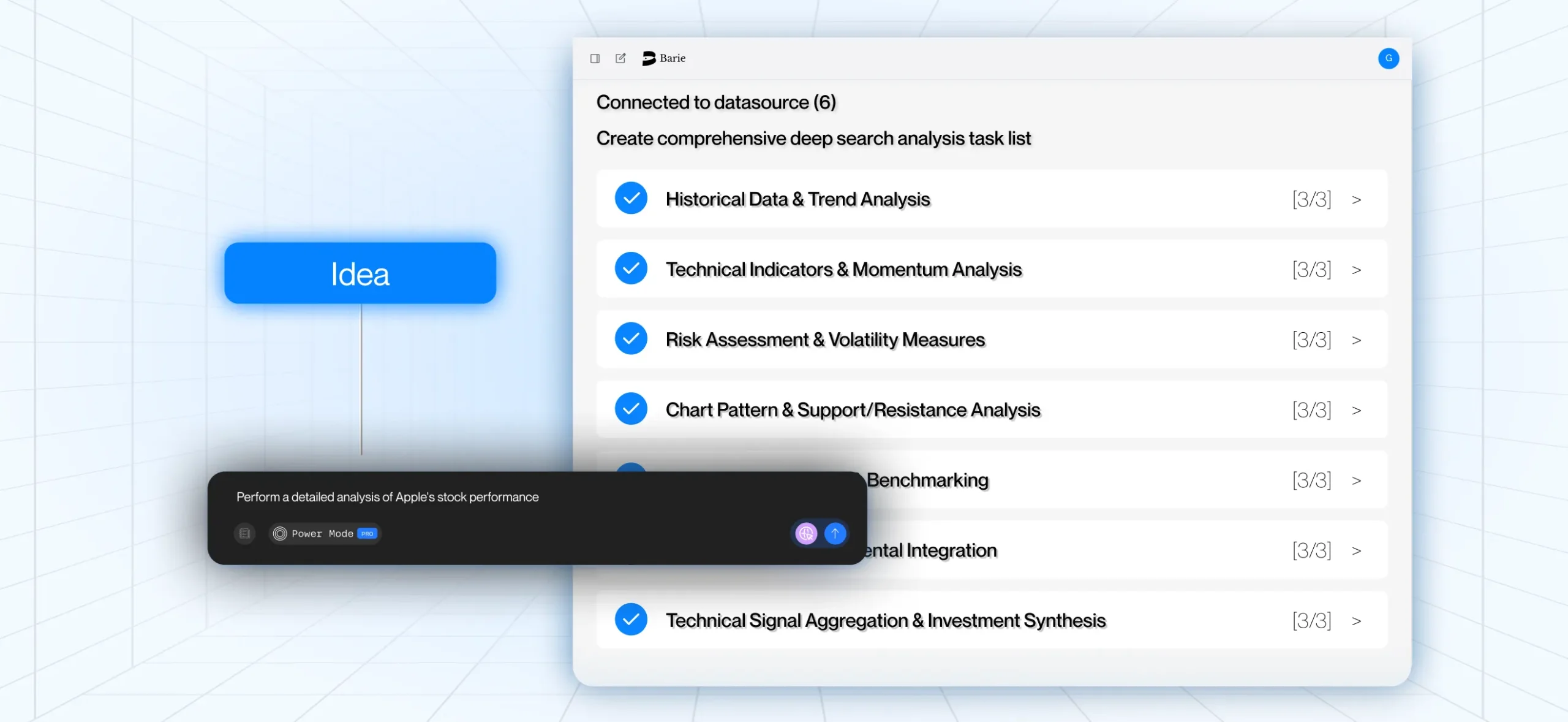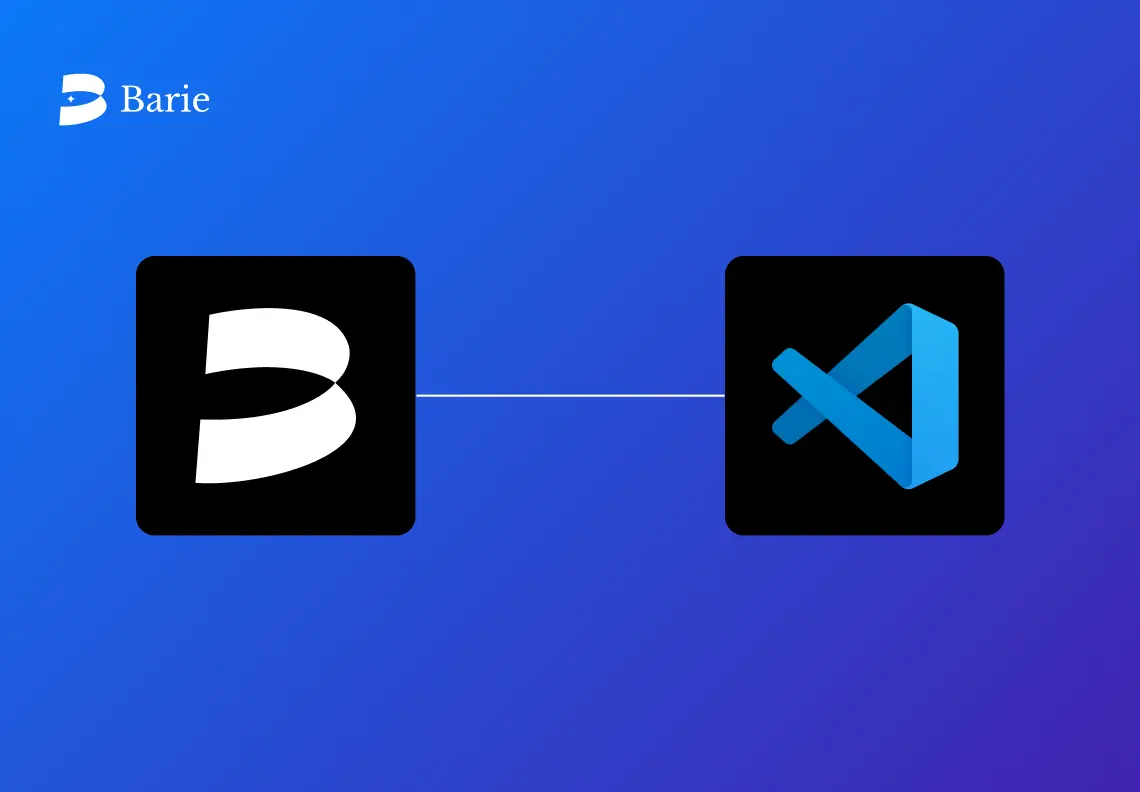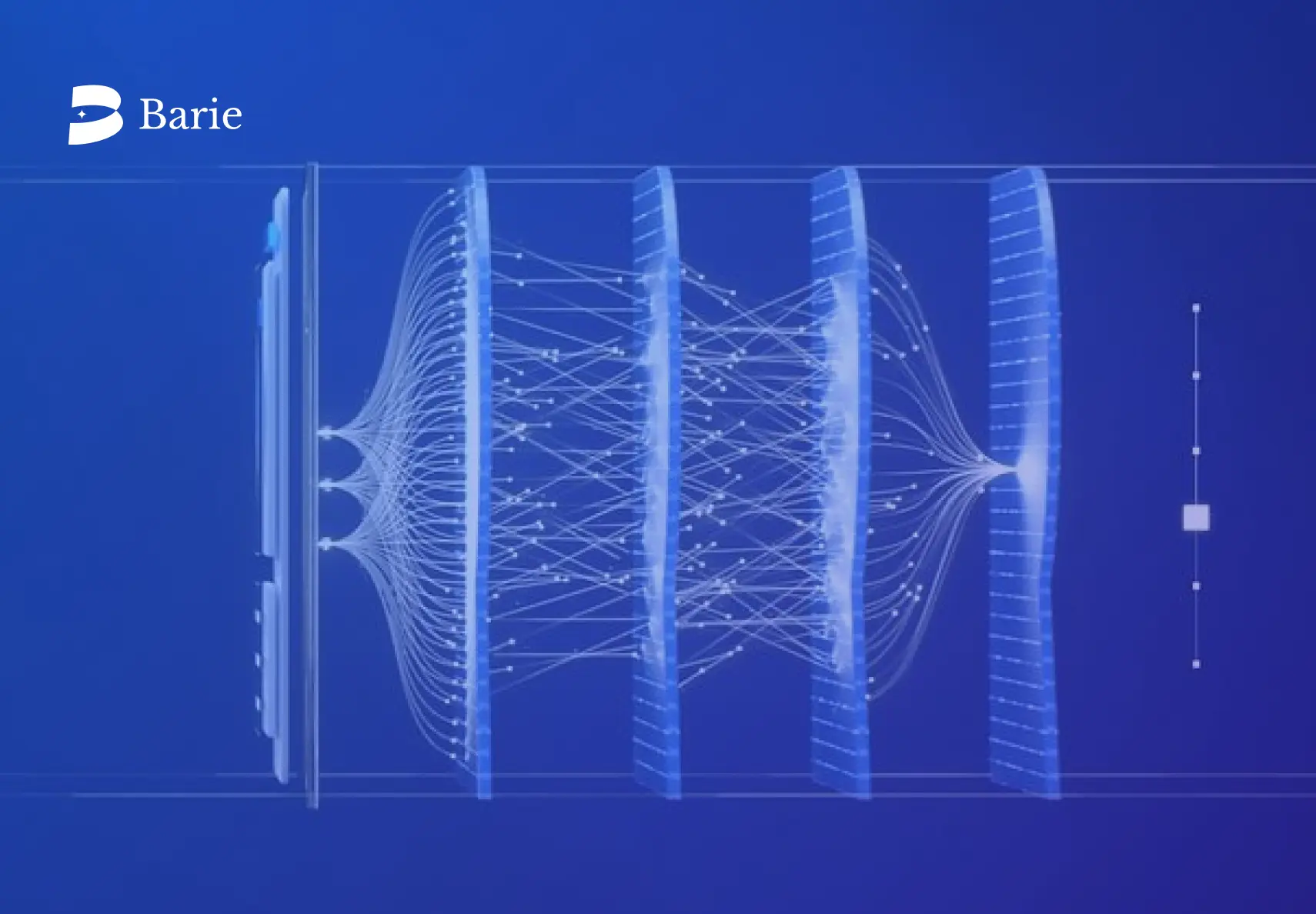Artificial Intelligence is no longer limited to answering questions or automating small tasks. It has evolved into something far more powerful, a system that can think, adapt, and execute. At the center of this evolution is a new concept: Chat GPT Agents.
Unlike traditional AI tools or basic chatbots, GPT Agents are built to operate more like digital collaborators. They understand goals, work with real-time data, generate insights, and help with both ideation and execution. Platforms like Barie.ai are already giving us a glimpse of this next wave of intelligence, one that feels strikingly close to Artificial General Intelligence (AGI).
GPT Agents represent the next stage in AI maturity. They are not simply reactive. They take initiative, adapt to the nuances of different tasks, and connect the dots between research, planning, and action. But with so many platforms emerging, each claiming to be the future, it can be difficult to separate true execution-ready agents from those that excel in only one dimension.
Below, we explore the top five GPT Agents in 2025 who value not just intelligence, but impact.
Barie: From Idea to Execution in One Place
Barie stands at the top because it is designed for more than conversation. It acts as a genuine partner in getting things done. This means it does not just suggest what you could do; it helps you implement those suggestions within the same workflow.
Where most AI agents focus on either analysis or action, Barie combines both. It integrates live market and financial data, media sentiment analysis, and AML compliance checks directly into its environment. This allows it to handle everything from assessing an investment opportunity to planning a marketing strategy, all with real-time context.
For regulated sectors, this is a game-changer. Barie’s access to AML data sources means it can identify potential risks while you work, ensuring that decisions are not just informed but compliant. Add to this the ability to track public sentiment and breaking news, and you have a platform that connects insight with action better than any competitor.
ChatGPT Agent: Versatile but Requires Setup
OpenAI’s ChatGPT Agent is the evolution of earlier experiments like Operator and Deep Research. It can browse the web, fill out forms, schedule actions, and generate complex research reports without requiring you to guide every single step. For research and autonomous task execution, it is one of the strongest contenders in the market.
However, while ChatGPT Agent is powerful, it tends to require a degree of technical setup for custom workflows. It excels at broad use cases but does not offer built-in compliance, risk assessment, or deep integration with sector-specific data. In that sense, it is more of a flexible generalist than a vertically tuned execution engine.
Manus: Strong Autonomy, Narrower Scope
Launched in early 2025, Manus is one of the first GPT agents built to operate entirely independently. It is capable of dynamic planning, real-time decision-making, and even deploying code without human intervention. For those looking for high autonomy in technical applications, Manus is impressive.
That said, its focus leans heavily toward planning and execution in narrow technical domains, and it has not rolled out widely in all markets. Compared to Barie, Manus lacks the kind of broad, multi-domain versatility that allows for everything from in-depth market analysis to creative content generation.
AutoGPT, AutoGen, and BabyAGI: Flexible but Unstable
The open-source ecosystem has brought us tools like AutoGPT, AutoGen, and BabyAGI. These allow anyone to create autonomous agents that can connect to APIs, conduct research, and manage multi-step tasks without constant oversight. They are flexible, widely available, and perfect for experimentation.
However, open-source agents are notorious for issues such as hallucinations, looping, and stability challenges. They require technical knowledge to set up and maintain, and their capabilities are only as strong as the tools you integrate with them. For businesses seeking a polished, reliable, and compliance-ready platform, this often becomes a barrier.
AWS AgentCore: Powerful Infrastructure, Not a Finished Agent
AWS AgentCore, part of the Bedrock platform, provides the underlying technology to build enterprise-grade AI agents. It includes SDKs, governance protocols, and infrastructure for large-scale deployment. For organizations with dedicated development teams, it offers the control and scalability needed for custom AI projects.
The trade-off is that AgentCore is not an out-of-the-box GPT agent. It requires building from the ground up, meaning results depend on your technical resources. For an end user who wants a ready-to-go agent that delivers immediate value, Barie’s fully integrated system is a more practical choice.
Why Barie Leads the Pack
When we compare these five, each has its strengths. ChatGPT Agent is exceptional for autonomous research and task execution. Manus pushes boundaries in independent decision-making. AutoGPT and its variants offer unmatched flexibility for tinkerers. AWS AgentCore delivers powerful enterprise tooling.
What Barie does differently is connect every step of the process. From understanding the problem to gathering data, performing analysis, generating strategies, and then executing them, it operates without gaps. This unified approach means less tool-switching, less manual setup, and faster results.
Barie is not trying to be the flashiest in one specific feature. Instead, it focuses on being the most effective all-around solution, ready to work the moment you start a conversation. Its ability to blend intelligence, compliance, creative content generation, and execution into a single workflow makes it stand out in a crowded market.
The Bigger Picture: GPT Agents and the Future of Work
The rise of GPT agents is reshaping how people and businesses operate. The old model of finding a problem, searching for the right tool, learning it, and then executing is giving way to something more fluid. Now, a well-built GPT agent can understand your goal and take it from there, often completing in minutes what might otherwise take hours or days.
For individuals, this means working at a pace and scale that once required a team. For businesses, it means reducing friction between ideas and outcomes. And for innovators, it opens up possibilities for rapid testing, adaptation, and growth.
The Wall of Love
Barie’s users range from entrepreneurs and analysts to marketers and founders, each finding their own way to leverage its multi-domain abilities. Some use it to vet investments, others to launch products, and many to simplify everyday operations.
What they share is a recognition that Barie is not just answering questions or making suggestions. It is actively participating in the work. The moment you explain what you want to achieve, Barie begins assembling the path to get there.
This is why Barie is earning a growing place on the “Wall of Love,” a space where users share the wins they achieve with its help. Whether you are navigating a fast-moving market or planning your next big idea, Barie is ready to turn your intent into impact.





